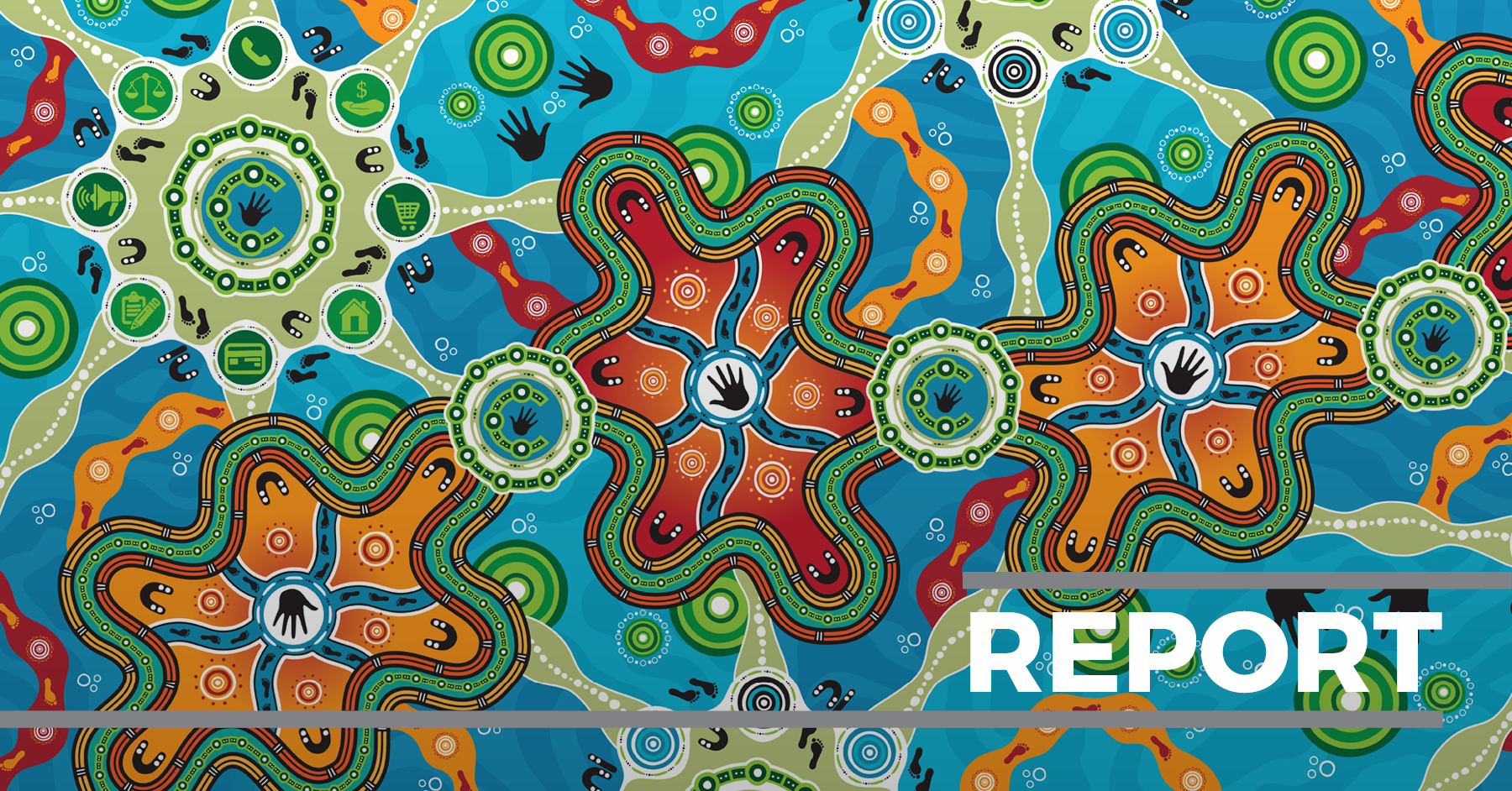Consumer issues in Victorian Aboriginal communities during 2020
This report has collated data, community intelligence, and case studies to answer the
following questions:
1. What consumer, credit and debt issues are impacting Victorian Aboriginal communities?
2. Has COVID-19 had an impact on these issues in community, and if so, how and why?
The data, community intelligence and case studies in the report have been drawn from the IP Project team and VALS and Consumer Action’s case work and telephone advice calls.
The data in this report is from 1 January 2020 to 31 December 2020. However, we acknowledge that community intelligence on the ground is also highly regarded evidence and this was largely unable to be obtained in 2020 as we were unable to visit community in person.
Data from our social media analytics, website analytics and media monitoring is also contained in this report.
This report demonstrates the continuing unmet legal needs of Victoria Aboriginal communities, including unidentified need. This report also shows the need for more legal, financial counselling and engagement services in Victorian Aboriginal communities and the importance of this project.
The report also contains five recommendations for policymakers about ways unmet consumer credit and debt legal need in community can be addressed. Furthermore, this report highlights the correlations between consumer credit and debt issues and other social determinants, and financial hardship and offending.
For the purposes of this report, Aboriginal and/or Torres Strait Islander people living in Victoria will be referred to as ‘Victorian Aboriginal communities’.
Read the report PDF.
VALS IP Report_FINAL_UPDATED2_WEB

